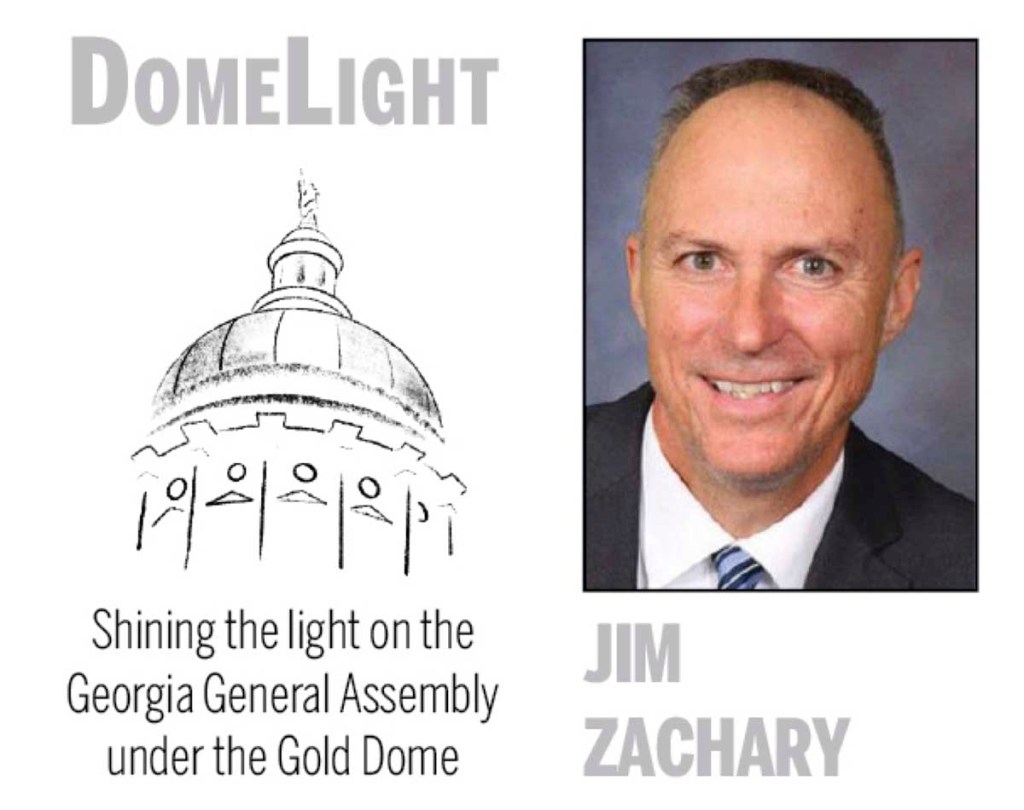ZACHARY: Secret recordings can protect public right to know
Published 7:30 am Saturday, February 9, 2019

- CNHI Deputy National Editor Jim Zachary is vice president of the Georgia First Amendment Foundation, regional editor for CNHI newspapers in Georgia, Florida, Mississippi, Alabama and Texas and editor of the Valdosta Daily Times.
Sen. Jeff Mullis may mean well but he is wrong.
His push for Senate Bill 59 is misguided, if not dangerous.
In Georgia, recordings of conversations between two or more people are legal so long as at least one party to the conversation knows it is being recorded.
Mullis wants to see lawmakers change that and make it illegal to record any conversation unless all parties know they are being recorded and consent to it, citing personal privacy concerns.
The problem, of course, is that sometimes bad actors need to be recorded in order to expose ethics violations, skulduggery and illegal activity.
Journalists often employ the use of recorders in deep-dive investigations intended to expose corruption, consumer fraud or attempts to circumvent the public’s right to know.
Georgia First Amendment Foundation President Richard Griffiths hit the nail square on the head when he told Atlanta Journal Constitution reporter Maya T. Prabhu the bill would hurt the public by impeding the ability of journalists to expose bad acts in government and the business world.
Griffiths told Prabhu in an interview this week, “Certainly folks who have done illegal things to people need to be brought to light by this kind of journalism. To essentially block that to avoid embarrassing public officials in the future is a very bad precedent to set.”
Griffiths called the bill “very bad for the public.”
Mullis has said that this proposed legislation has nothing to do with Casey Cagle being secretly recorded and that recording damaging his bid for the governor’s office in the runoff against Brian Kemp last year. Mullis seems to protest a bit too much, flatly denying that what happened to Cagle is his motivation for the legislation.
But the fact he supported Cagle casts a cloud on the timing of this ill-conceived bill that seems to have come out of nowhere.
Perhaps most disturbing of all is the idea of requiring not only knowledge but consent by all parties. Who is ever going to consent to being recorded saying or doing something illegal or unethical?
If this bill becomes law, will some lawmaker in the future try to place those same kinds of restrictions and standards on the release of other public records or recordings?
The Mullis measure is a slippery slope and an affront to the public’s right to know.
Senate Bill 59 is not good law and should be rejected by good lawmakers.
CNHI Deputy National Editor Jim Zachary is vice president of the Georgia First Amendment Foundation, regional editor for CNHI newspapers in Georgia, Florida, Mississippi, Alabama and Texas and editor of the Valdosta Daily Times.





